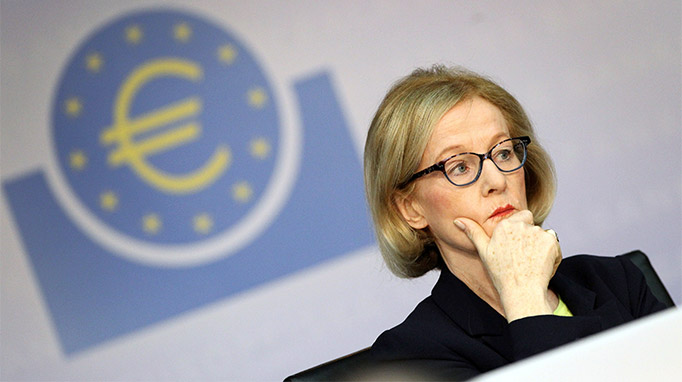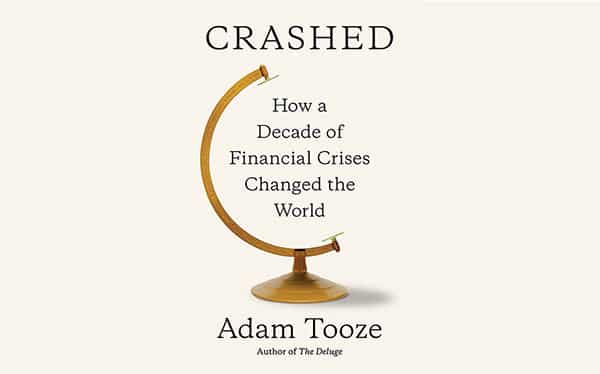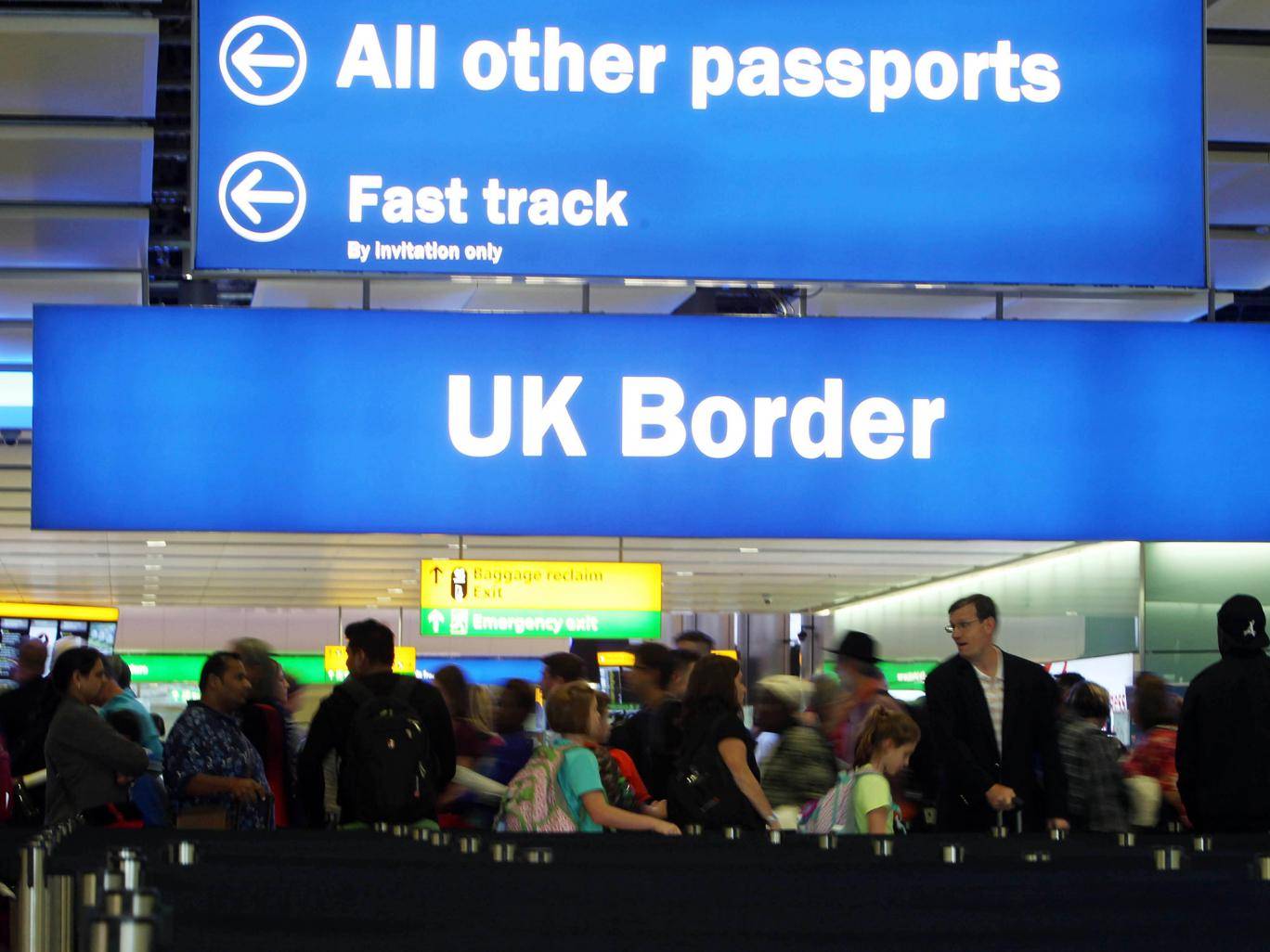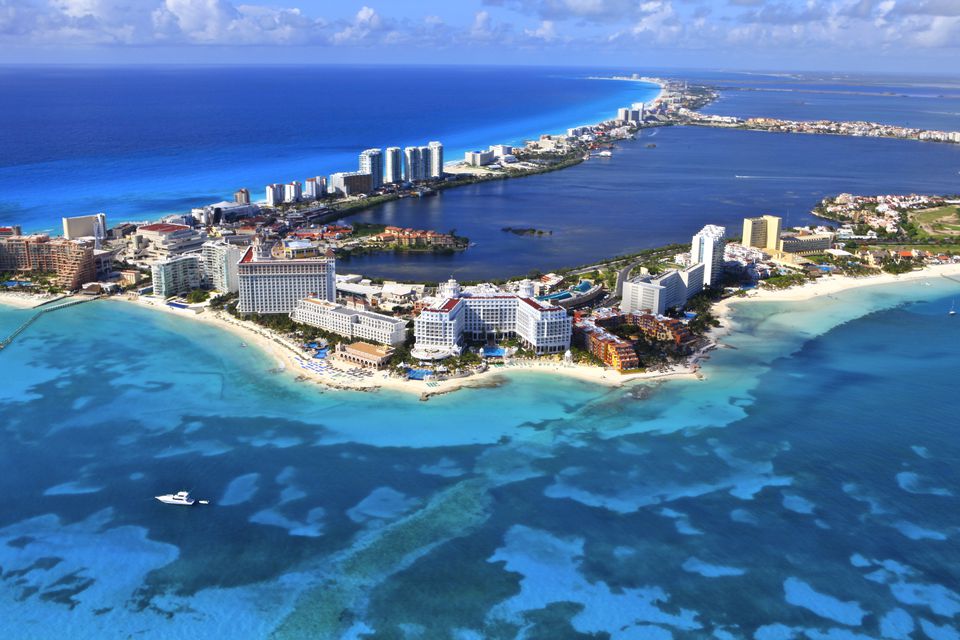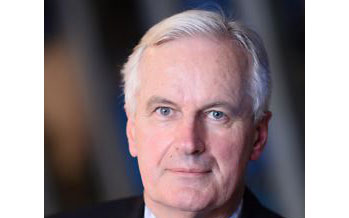[vc_row][vc_column width=”1/2″][vc_column_text]
Ireland
Ireland was the 30th largest economy in the world by nominal GDP in 2018. GDP per capita is $78,806 USD, well above the average for OECD and High Income Countries. It is a well-developed and open economy with a population of 4.8m in 2018. It is ranked 6th in the World Bank's Human Capital Index, and trade was at 211 percent of GDP in 2018. Its economy is also diverse with a ranking of 13th in the Economic Complexity Index (2017). It is a member of the EU and OECD. Services was the largest economic sector in 2018 (56 percent of GDP), followed by manufacturing (32 percent), and agriculture (0.9 percent). In 2017, the largest export sectors were services (52 percent), chemicals (26.4 percent), machinery (7.3 percent), agriculture (5.2 percent), and electronics (4.65 percent). The largest individual exports were ICT services (39.4 percent), insurance and finance (8.3 percent), medicaments packaged (7.4 percent), and serums and vaccines (6.8 percent). Its largest export partners were the USA (27.3 percent), the UK (11.2 percent), Belgium (9.7 percent), and Germany (7.4 percent). The largest goods imports were fixed wing aircraft greater than fifteen thousand kilograms (17.3 percent), blood (5.9 percent), and cars (3 percent). After independence from the UK in 1922, Ireland turned to import substitution and a focus on the domestic market, but by the 1950s the economy was struggling and emigration was high. By 1958, Ireland had changed course, embracing free trade, foreign investments, and international integration. It negotiated a free trade agreement with the UK in 1965, joined GATT in 1966, and the European Economic Community in 1973. It also cut corporate tax rates and invested heavily in education and infrastructure. The oil shocks, high inflation, and high public debt led to a slowdown in growth in the late 1970s and a recession in 1983. The government responded by decreasing government spending and by reducing wage growth through an agreement with employers, unions, and farmers. The government also continued its policy of attracting FDI and established the International Financial Services Centre in Dublin. The economy grew strongly in the 1990 and 2000s, earning the nickname the "Celtic Tiger". The global financial crisis and European debt crisis interrupted growth and an EU-IMF bailout was needed after the government took on much of the debt of the banking sector following the collapse of a property bubble. The economy has recovered strongly since. It has continued to attract FDI, including by some of the world's biggest tech firms. This has led to international pressure to reduce tax loopholes and incentives.
[/vc_column_text][vc_column_text] Its population in 2018 was 4,803,748 [1]
Its population in 2018 was 4,803,748 [1]
 In 2015, 9.08% of its total energy
In 2015, 9.08% of its total energy
consumption was renewable [2]
 In 2021, its GDP grew by 13.48% [2]
In 2021, its GDP grew by 13.48% [2]
 In 2021 it had a positive Current
In 2021 it had a positive Current
Account Balance of US$bn 69.59 [3]
 Its unemployment rate in 2021 was 6.25% [3]
Its unemployment rate in 2021 was 6.25% [3]
 Its Expenditure on R&D (as a percentage of
Its Expenditure on R&D (as a percentage of
GDP) in 2020 was 1.23% [2]
What free trade areas or economic unions is it a member of?
Member of the European Union (EU) since 01/01/1973
Other members:
Austria, Belgium, Bulgaria, Croatia, Cyprus, Czechia, Denmark, Estonia, Finland, France, Germany, Greece, Hungary, Italy, Latvia, Lithuania, Luxembourg, Malta, Netherlands, Poland, Portugal, Romania, Slovakia, Slovenia, Spain, Sweden
What trade deals are there between European Union and other countries and economic unions?
EU - Andorra Customs Union (from 01/01/1991)
European Single Market (SM) (from 01/01/1993)
EU - Sri-Lanka Co-operation and Partnership Agreement (from 01/04/1995)
EU - Türkiye Customs Union (from 31/12/1995)
EU - Faroe Islands Agreement (from 01/01/1997)
EU - Palestinian Authority Interim Association Agreement (from 01/07/1997)
EU - Tunisia Association Agreement (from 01/03/1998)
EU - Armenia Partnership and Cooperation Agreement (from 09/09/1999)
EU - Morocco Association Agreement (from 01/03/2000)
EU - Israel Association Agreement (from 01/06/2000)
EU - Mexico Global Agreement (from 01/10/2000)
EU - San Marino Customs Union (from 01/04/2002)
EU - Jordan Association Agreement (from 01/05/2002)
EU - North Macedonia Stabilisation and Association Agreement (from 01/04/2004)
EU - Pakistan Co-operation agreement (from 29/04/2004)
EU - Egypt Association Agreement (from 01/06/2004)
EU - Chile Association Agreement and Additional Protocol (from 01/03/2005)
EU - Algeria Association Agreement (from 01/09/2005)
EU - Lebanon Association Agreement (from 01/04/2006)
EU - Albania Stabilisation and Association Agreement (from 01/04/2009)
EU - Pacific States Interim EPA (from 20/12/2009)
EU - Montenegro Stabilisation and Association Agreement (from 01/05/2010)
EU - Central America Association Agreement (from 01/08/2013)
EU - Serbia Stabilisation and Association Agreement (from 01/09/2013)
EU - Bosnia and Herzegovina Stabilisation and Association Agreement (from 01/06/2015)
EU - South Korea Free Trade Agreement (from 01/07/2015)
EU - Kosovo Stabilisation and Association Agreement (from 01/04/2016)
EU - Georgia Association Agreement (from 01/07/2016)
EU - Moldova Association Agreement (from 01/07/2016)
EU - Canada Comprehensive Economic and Trade Agreement (CETA) (from 21/09/2017)
EU - Eswatini (SADC) Economic Partnership Agreement (from 05/02/2018)
EU - Lesotho (SADC) Economic Partnership Agreement (from 05/02/2018)
EU - Mozambique (SADC) Economic Partnership Agreement (from 05/02/2018)
EU - Namibia (SADC) Economic Partnership Agreement (from 05/02/2018)
EU - South Africa Economic Partnership Agreement (from 05/02/2018)
EU - Botswana (SADC) Economic Partnership Agreement (from 05/02/2018)
EU - Japan Economic Partnership Agreement (from 01/02/2019)
EU - Eastern and Southern Africa States free trade agreement (from 07/02/2019)
UK - EU Trade Deal (from 01/01/2021)
[/vc_column_text][vc_column_text]What trade deals are there with other countries and economic unions?
None
[/vc_column_text][/vc_column][vc_column width=”1/2″][vc_column_text]Northern Ireland Shilly-Shally has Experts Fearful of New Trade War
Colliers: Ireland’s Slow Recovery Contains Some Real Reasons for Optimism
Danièle Nouy: Getting Tough with Bankers
Book Review by Kenneth Rogoff: Crash Time
Border Trouble
CFI.co Meets the Group CEO of KBC: Johan Thijs
Preference Pass: Sunny Travel Savings Franchise
Werner Hoyer, President of the European Investment Bank (EIB): A Mostly Unseen Hand
Michel Barnier
IMF: Ireland Approaching Best Practice in Fiscal Reporting & Forecasting
Trade with the United Kingdom
Source: UK Office for National Statistics, October 2022.
Contains public sector information licensed under the Open Government Licence v3.0.

















































































